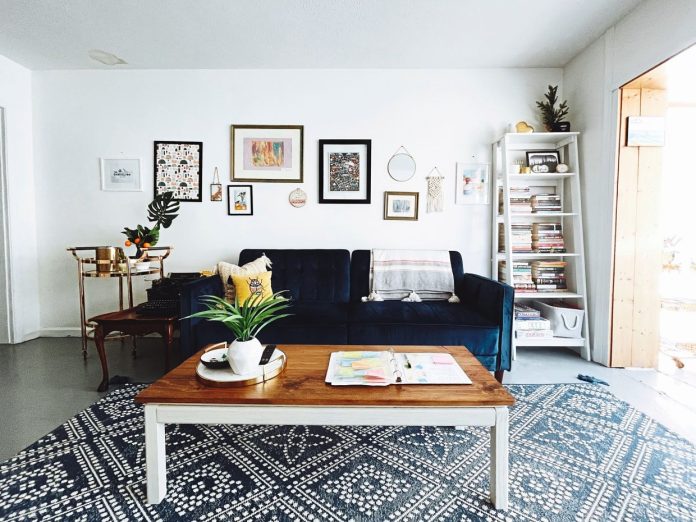Airbnb recently launched an industry-led code of conduct for short-term rental accommodation, touted to be the first of its kind in Malaysia.
The initiative, along with the expansion of the Neighbourhood Support Line programme to Malaysian shores, is part of the home vacation rental platform’s efforts to promote safer and “cleaner” tourism. This is also in line with the country’s move to restart domestic travel, and to eventually open up international borders.
Airbnb public policy head (South-East Asia) Mich Goh said both initiatives are timely as Malaysians begin to travel again amid the relaxation of travel restrictions.
“Our industry-first voluntary code of conduct and our Neighbourhood Support Line reinforce Airbnb’s ongoing commitment to promoting cleaner, safer and responsible travel in support of the upcoming travel rebound,” she said.
ALSO READ: Malaysian gets to live rent-free anywhere in the world for a year with family
The voluntary code of conduct includes a set of common principles that aims to establish industry-wide common practices.
Some of the practices outlined include guidelines on host obligations towards guests, guidelines on responsible guest behaviour as well as health and safety standards.
The code of conduct also specifies practices to help hosts comply with by-laws, rules and regulations relevant to hosting activities, including taxes.
According to Goh, the company will collaborate with the government to rebuild the tourism sector that has been heavily battered by the pandemic.
ALSO READ: Is limiting rental days the best way to regulate short-stay homes?
“Airbnb is committed to working hand-in-hand with the government to rebuild tourism and make a positive contribution to Malaysia’s economic recovery,” she said.
Between 2015 and 2019, Airbnb guests reportedly spent a total of RM11.8bil, growing at an annual rate of 79.6% in Malaysia.
Malaysian Vacation Rental Services Management Association (MVR) president Ivan Chong said the new code of conduct will be integral as domestic tourism resumes in the country.
“As we look ahead to the rebound of domestic travel in Malaysia, we firmly believe that safe and responsible travel is key (to getting) travel to resume sustainably and for the long term.
“Airbnb’s code of conduct sets the bar high for short-term rental accommodation providers, by giving clear guidelines and best practices for owners, hosts and guests,” he said.
Addressing complaints
Meanwhile, the Neigh-bourhood Support Line makes it easier for community members to raise urgent concerns about a nearby listing directly with Airbnb.
“Around the world, the rollout of the Neighbourhood Support Line in countries including the United States, Australia, Britain, Japan and France has proven to be an important tool in Airbnb’s efforts to combat unauthorised gatherings and enforce the company’s global ban on parties,” the company said.
With this update, neighbours can visit airbnb.com.my/neighbors to request a call with a specialised support agent. The round-the-clock channel will allow communities easier access to a rapid response team.
Both the code of conduct and support line by Airbnb came amid criticisms from hospitality stakeholders regarding the short-term rental sphere in Malaysia.
Malaysian Association of Hotels chief executive officer Yap Lip Seng, in a recent interview, said unregulated home-sharing businesses would have a negative impact on efforts to control the pandemic.
“Since the pandemic, there have been multiple reports of SOP (standard operating procedures) breaches at these accommodations, including drug parties at residential areas compromising the livelihoods and safety of local communities,” he said.
ALSO READ: The importance of regulating short-stay homes in Malaysia
It was a concern that was shared by Malaysia Budget and Business Hotel Association deputy president Dr Sri Ganesh Michiel.
“It is not fair for the hotels to adhere to all regulations while home-sharing businesses are not regulated.
“They are a threat to the hospitality industry and until now, all the parties responsible have failed to resolve the matter,” he said.
Sri Ganesh said as long as the problem of unregulated home-sharing businesses persists, the hospitality industry would not be able to make any meaningful economic recovery.
He added that the government should immediately enforce the short-term rental accommodation guidelines that have long been postponed.
























